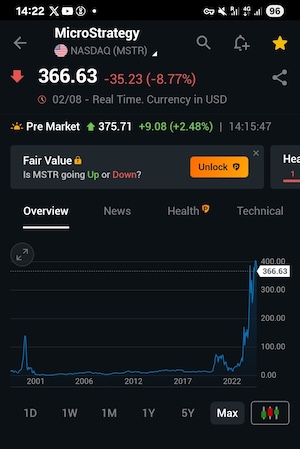Openvibe all the things
I installed Openvibe.social earlier. It looks kind of cool.
Here’s the blurb:
One App For The Open Social Web All decentralised social networks—single timeline
I’m not really using social media at the minute. I think it’s cause there are just too many places to go to. I don’t have enough time to be checking in all these places. I can only just about do it with one place.
Anyway it was easy to install, loads of posts from the people I follow on Bluesky and Mastodon showed up in the timeline. I posted a couple of messages and like some sort of strange echo they appeared in triplicate in my timeline, one for Bluesky, one for Mastodon, and since I also connected up my Nostr, one for that too.
I'm kind of confused about Nostr, during sign-up you have to enter your nsec, which is your private key. It makes sense in some ways, because they need to be able to create posts as you so they need to have your private key. No way around that as far as I can see. What's confusing is that literally next to the box you enter your private key, it says something like "never share your private key". WTF.
Doesn’t Nostr have a built in way to grant authorization, that you can revoke? If you have to give your private key out to 3rd party services, what happens if one of them turns out to be bad? You have to create a new Nostr account. Seriously?
I'm not really using Nostr much so it doesn’t make that much difference to me. But I do want these services to work well. I might use them more if they were easy and secure to use. #









